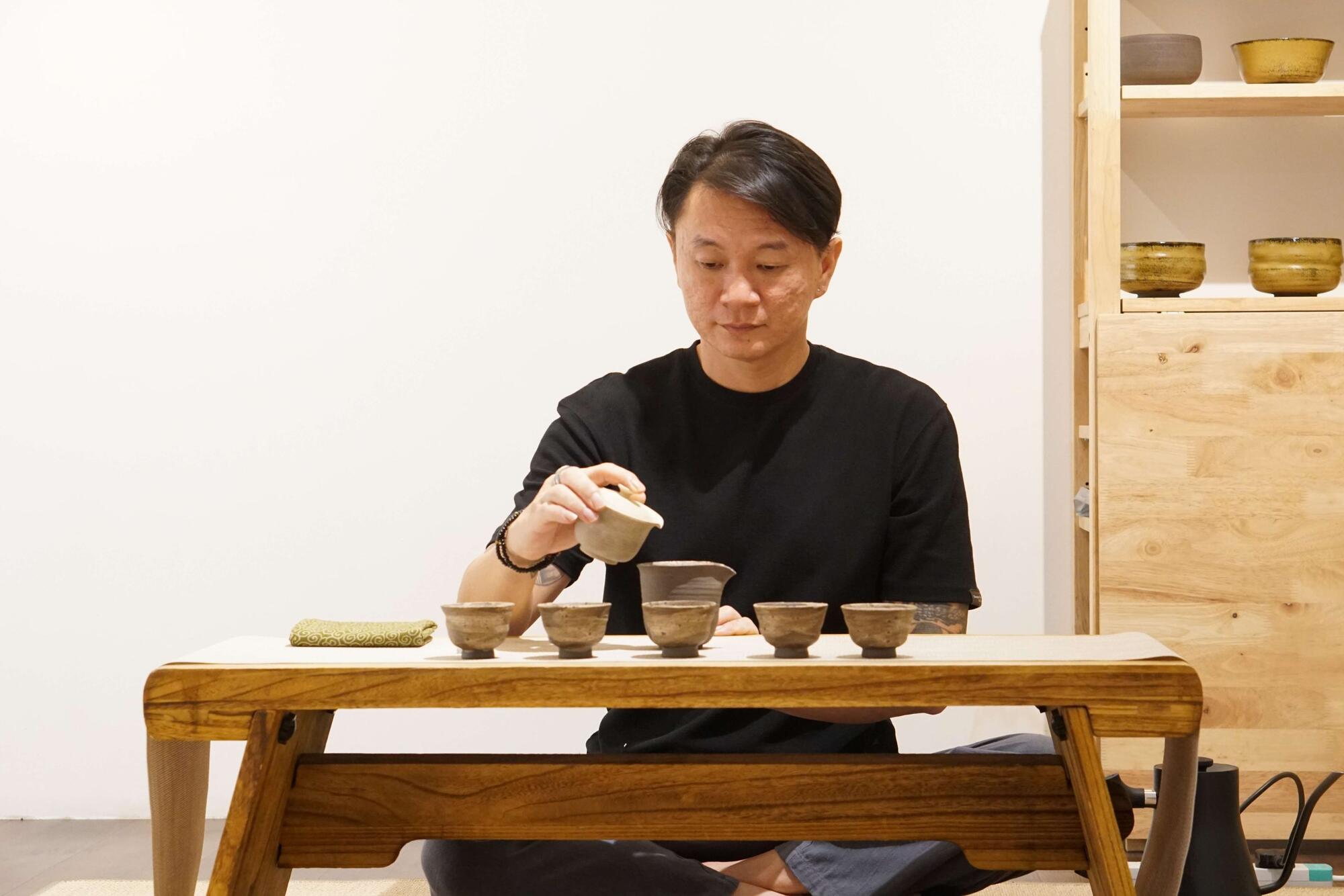Does learning ever stop? What does lifelong learning look like? How can we cultivate curiosity and an appetite for knowledge that won’t dry up with age? These are not easy questions for anyone, let alone a mother busy with her newborns.
But HR professional Ms Averil Lee found herself grappling with these thoughts as her three little ones entered the world one by one.
From her 15 years in human resource, and in her current role as a training specialist in a global pharmaceutical firm, she has seen how the workplace has evolved for the better to embrace diversity and change. What helps workers navigate change is their underlying ability to learn.
“School and work today for us are very much different from when I was a student,” says Ms Lee. “We are now looking at a future shaped by lifelong learners. It is such a positive thing, because lifelong learning is an attitude that isn’t limited by your learning style, whether it is through textbooks or through experiences.”
Today, her children are six, eight, and nine years old. She shares how she has been giving them a headstart in life by cultivating their desire to learn.
1. Use fun and play to teach life skills
From experience, Ms Lee believes that a true love for learning has to come from within.
“The best learning takes place in organic situations, and also when they are having fun! I make it a point to seek out these opportunities for them, such as when we play board games or travel as a family,” she says. They pick board games that suit the entire family, such as Plantopia and Battlechips.
“Other than the game subject that naturally draws our interest and provides endless dinner-time conversation topics for the family, every game is a lesson on understanding boundaries through game rules, practising mutual respect with the other players, and learning how to win and lose.
“These are very important life lessons that even adults at work need.”
She finds this experience of learning through play and experiences especially important for her as one of her children has dyslexia and finds reading and writing challenging.
“Thankfully, her learning in school also includes different opportunities to engage in hands-on project work and simple experiments at home, which helps her understand her lessons better,” says Ms Lee.
She appreciates how Science is taught today, for example. “One of her homework assignments was to learn about how mealworms grow, so she was given some mealworms to bring home and feed, and to measure their growth. In this way, learning about their growth was fun, so it hardly felt like homework to her!” says Ms Lee with a laugh. “When learning is made real, it will be more enjoyable and the child will be self-motivated to get the work done. I didn’t even need to nag at her to do her homework for this mealworm activity!”
2. Curiosity comes naturally to children so let’s nurture it
Curiosity is one quality that Ms Lee finds consistently in employees who are eager to learn and grow.
“I’ve trained a large number of people in my years, and have noticed that a natural curiosity also nudges them to ask the right questions,” she explains. “This gives them an edge in their work, as they are also more willing to try different things in their different work rotations. These employees end up having both a good breadth and depth of knowledge, which also makes them good leaders.”
Believing that curiosity can be nurtured from young, Ms Lee encourages her children to ask all the questions they want at home. She also actively helps them pursue their personal interests, both at home and at school.
When her son showed interest in Math and coding, she encouraged him to attend his school’s coding classes which were organised as an after-school activity. She also enrolled him in coding classes that taught him to programme his own games.
“He spends a lot of time trying different things when he makes his games, and I find this process of trial and error healthy, where he gets to ask questions and explore possibilities.”
3. Multiply your knowledge by sharing it
When all is said and done, lifelong learning to Ms Lee is really about continuous growth, not just for the individual but for the community.
“The part of lifelong learning that many people tend to overlook is the sharing of knowledge with others,” she explains. “Contrary to common advice to watch our own backs so that we can get ahead of the pack, those who truly love to learn also want to share their knowledge.”
She observes this at her organisation, which encourages a spirit of openness among employees at all levels. Ms Lee and her team facilitate monthly sessions for like-minded employees, to come together and share their best practices and showcase their skills with others.
Their generosity makes everyone there want to learn; taking questions also reinforces what they know, and the company benefits from everyone levelling up.
“They do this in online communities, sharing resources and tips on subject matter which can be as specific as instructional design or as broad as digital technology. In this way, everyone gains – even the individuals who share their knowledge,” Ms Lee. “Knowledge that is shared will be amplified.”
She taps on this when she encourages her children to discuss what they know with their siblings and friends – she is a fan of show-and-tell activities.
She recalls how her son had a nascent interest in countries and flags, and was eager about a school activity discussing the world map. When the boy found the city of Perth on the map, which he had visited before, everyone got excited when he described what he saw there, kangaroos and all.
“These organic moments will set a good foundation for them when they’re working adults, to see that there is greater value in sharing knowledge with others rather than keeping it to themselves.”



.jpg)
.jpg)

